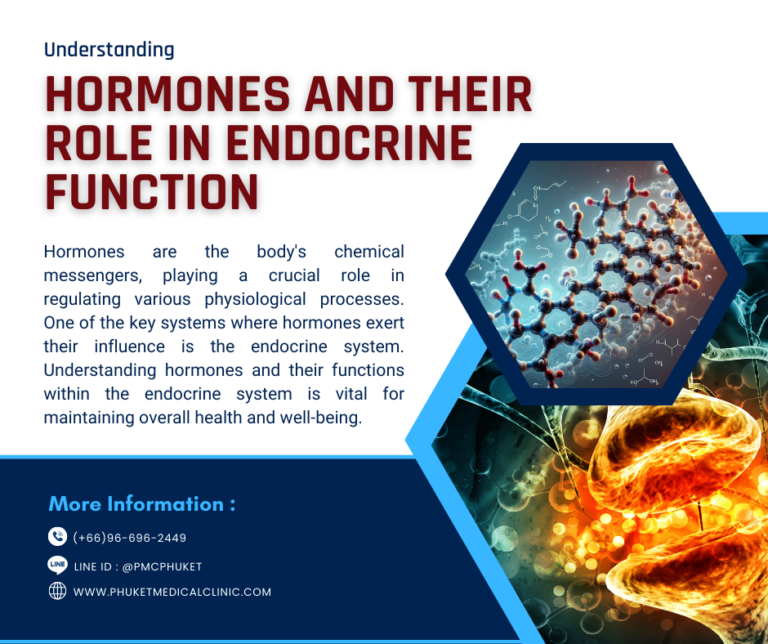Thalassemia is a genetic blood disorder that affects the production of hemoglobin, the protein responsible for carrying oxygen in red blood cells. This condition can lead to anemia and various health complications. In this article, we will delve into the causes, symptoms, and treatment options for thalassemia.
Genetic Basis of Thalassemia
Thalassemia is inherited when a person receives faulty genes from both parents. These genes affect the production of hemoglobin, resulting in abnormal red blood cells. Understanding the genetic basis is crucial for individuals with a family history of thalassemia.
Types of Thalassemia
There are two main types of thalassemia: alpha thalassemia and beta thalassemia. Each type is further classified into mild and severe forms. Knowing the specific type is essential for accurate diagnosis and treatment planning.
Symptoms of thalassemia
Recognizing the symptoms of thalassemia is vital for early detection and intervention. Common signs include fatigue, weakness, pale or jaundiced skin, and bone deformities in severe cases. Individuals experiencing these symptoms should seek medical attention promptly.

Diagnosis and Screening
Thalassemia can be diagnosed through blood tests that measure hemoglobin levels and identify abnormal red blood cells. Prenatal screening is also available for couples at risk of passing thalassemia genes to their children.
Treatment for thalassemia
Treatment for thalassemia aims to manage symptoms and improve quality of life. Options include blood transfusions, iron chelation therapy to manage iron overload, and, in severe cases, bone marrow transplantation. Early diagnosis and a personalized treatment plan are crucial for effective management.
Lifestyle and Management Tips
Individuals with thalassemia can enhance their well-being through a healthy lifestyle. This includes a balanced diet, regular exercise, and adherence to prescribed medications. Avoiding factors that contribute to complications, such as iron-rich foods and certain medications, is also essential.
Emotional and Social Support
Living with thalassemia can have a significant impact on a person’s emotional well-being. Establishing a strong support system, including friends, family, and support groups, can help individuals cope with the challenges associated with the condition.
Prevention and Genetic Counseling
Genetic counseling plays a crucial role in preventing thalassemia. Couples with a family history of the disorder can undergo counseling to assess the risk of passing the faulty genes to their children. This knowledge allows for informed family planning decisions.
Research and Future Developments
Ongoing research is advancing our understanding of thalassemia and leading to innovative treatment approaches. Staying informed about the latest developments in thalassemia research can empower individuals and healthcare professionals alike.
Thalassemia is a complex genetic disorder that requires a comprehensive approach to diagnosis, treatment, and management. With early detection, personalized treatment plans, and ongoing support, individuals with thalassemia can lead fulfilling lives while effectively managing the challenges posed by the condition.
Thalassemia – Diagnosis and Treatment at Phuket Medical Clinic
Phuket Medical Clinic : Close, Expert Care. Dedicated Medical Professionals and Skilled Team providing Consultation and Treatment. Walk-in or Scheduled Appointments for Convenient and Efficient Services.
Book an appointment online : https://phuketmedicalclinic.youcanbook.me
Daily Open 🕙 10:00-18:00
Contact number ☎️ 096-696-2449
Line id : @pmcphuket or https://lin.ee/R1TKRDo
Map 📌https://goo.gl/maps/xu45eTQUTjgpukJa7
Website 🌐https://pmcclinicphuket.com
Feel free to consult with a doctor or ask further questions anytime.
Inbox : m.me/100483916443107
#healthcareclinic #คลินิกภูเก็ต
Phuket #Clinic #ภูเก็ตเมดิคอลคลินิก
#Phuketmedicalclinic






